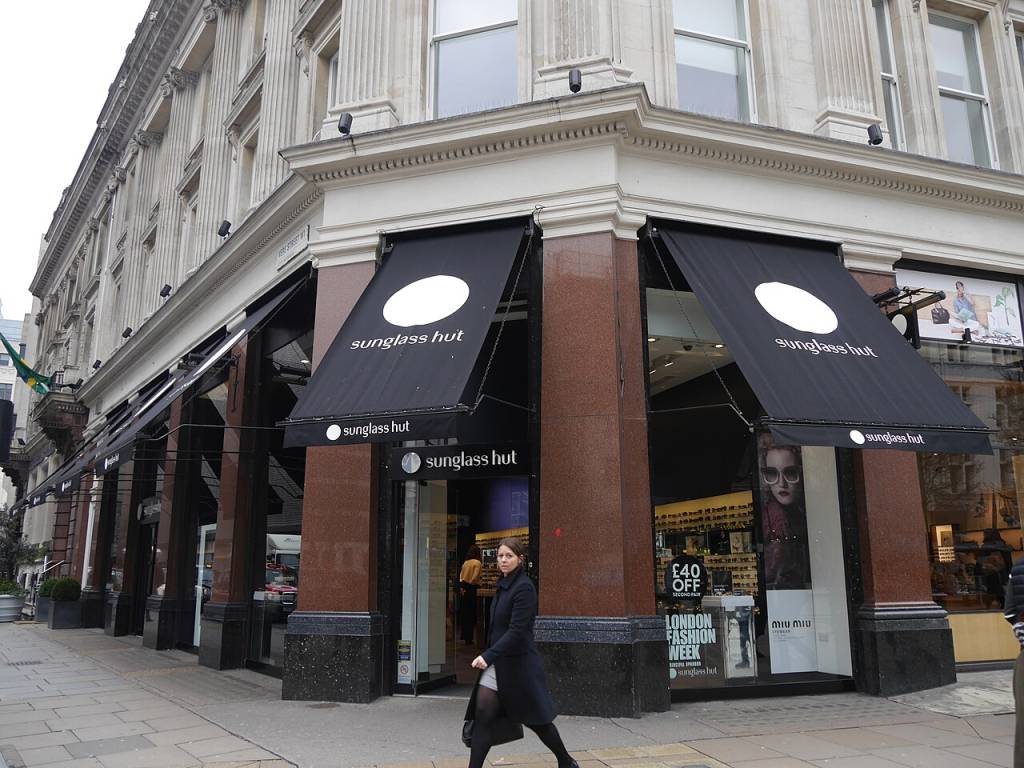Today, I spoke to Sarah Lacy, who I interviewed back in 2008 when her first book came out. She writes for TechCrunch.com, and her latest book is called Brilliant, Crazy, Cocky: How the Top 1% of Entrepreneurs Profit from Global Chaos. In this interview, Sarah talks about characteristics of successful entrepreneurs, gives examples of interesting entrepreneurs from across the world, and more.
What does the title “Brilliant, Crazy, Cocky” mean? How is it representative of today’s entrepreneurs?
Brilliant Crazy Cocky is my way of summing up the qualities, the personality type, of great entrepreneurs whether they are in Silicon Valley or in Central Africa. It’s a combination of being visionary and yet delusional enough to believe you can upend an industry that lead to truly disruptive companies.
To be a successful entrepreneur, what characteristics do you need?
This is sort of answered in my answer above– but in short you need to be able to see a solution to a problem that others don’t, and the tenacity to pull it off. there are plenty of people who are entrepreneurs on a subsistence level, or build a nice lifestyle business. But building a disruptive high-growth business takes an almost irrational belief in a vision that few people will agree with– otherwise, it would have been done already
Who was the coolest entrepreneur you’ve met in your travels around the world?
Wow, there were so many. I would probably give a different answer depending on the day you ask. But today I’ll say Ciputra of Indonesia. He really just goes by one name, like a lot of Indonesians of his generation. Indonesia has a tortured history and Ciputra has lived most of it. His father was killed during the Japanese Occupation. He got his first plot of land from Sukarno, and feared for his life during the backlash against ethnic Chinese under Sukarno.The Asian financial crisis bankrupted him but he clawed his way back up again. Ciputra is a real estate developer of huge projects designed for middle class Indonesians. His first project was just out of college when he got a plot of run-down beach front property from Sukarno. He wanted to turn it into an amusement park and wrote to Walt Disney to suggest they develop it together. Walt Disney wrote back a terse letter saying he wasn’t investing in Jakarta, and warned Ciputra not to use his name. He built the amusement park anyway and today it is the fourth largest growing amusement park in the world. Now in his 80s, Ciputra is on a mission to develop a culture of entrepreneurship in Indonesia–even if it costs him every last dime and every last breath.
Can you give an example of an entrepreneur who had to face a lot of hardships in his or her business?
It’s hard to beat the story of Jean de Dieu Kagabo of Rwanda. Kagabo was a genocide survivor whose parents were killed in the genocide and its aftermath. His two older brothers squandered much of the family
fortune and when Kagabo was 18 he realized he needed to build something to save his family. He decided to manufacture basic goods that the bulk of the population needs every day, so he taught himself mandarin and flew to China to buy manufacturing equipment. Kagabo has built an amazing — and innovative– consumer package goods company– and he sees new business opportunities around every corner in booming Rwanda. but all of those opportunities are tied to what was destroyed during the worst 100 days of his life.
Is it better to start a business in America than in other parts of the world right now? Which is easier and more beneficial to the founder?
Silicon Valley is the easiest place in the world to start a company. There are so many support structures in place, so much money and the availability to find mentors is unparalleled. But if you want to build a huge company, the biggest opportunities in terms of sheer growth are no longer in America, they are in the emerging world. (Last year one quarter of all US IPOs were Chinese companies, for instance– Silicon Valley by contrast had very few IPOs) But it largely won’t be transplanted Americans who build those companies– it will be local entrepreneurs who understand these markets best.
——–
Sarah Lacy knows great entrepreneurs. After more than a decade covering business in Silicon Valley, Lacy decided to follow the flow of capital into the developing world. She bootstrapped a two-year, 40 week journey through the Middle East, South America, Africa, India, China and Southeast Asia looking for the best entrepreneurs Silicon Valley had never heard of. The result is her second book Brilliant, Crazy, Cocky: How the Top 1% of Entrepreneurs Profit from Global Chaos, which is being published by John Wiley & Sons in January 2011. She is a senior editor at TechCrunch.com, the largest blog on tech entrepreneurship in the world and the author of the critically-acclaimed Once You’re Lucky, Twice You’re Good: The Rebirth of Silicon Valley and the Rise of Web 2.0 (Gotham Books, May 2008).












